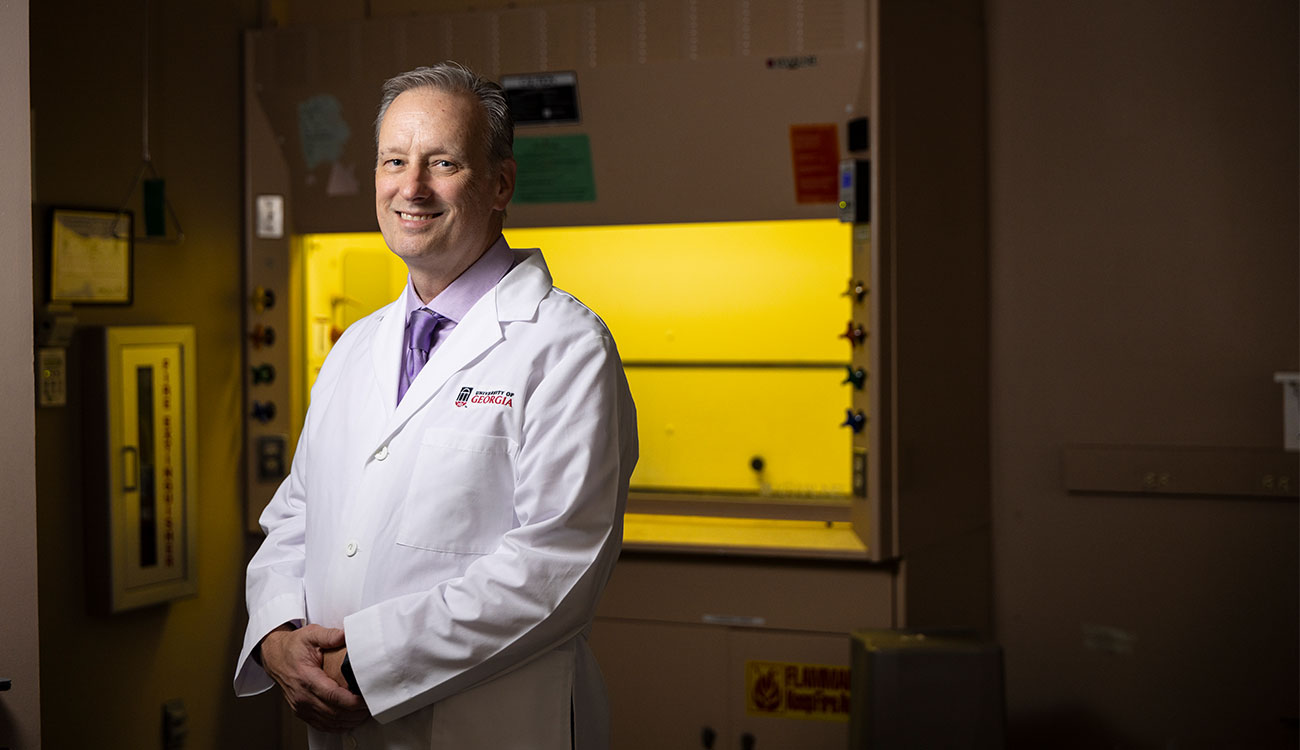Regulated industries are making major efforts to reduce emissions that contribute to ozone formation. However, those controls alone won't solve our ozone problems.
 Traffic produces more ozone-forming air pollutants than all of the regulated
industries do. Voluntary actions from individuals are needed to improve our air quality.
Traffic produces more ozone-forming air pollutants than all of the regulated
industries do. Voluntary actions from individuals are needed to improve our air quality.
Here are some helpful hints from the Voluntary Ozone Action Program. For more tips and useful information on air quality and ozone, visit the VOAP Web site at <www.voap.org>.
On the road:
- Use public transportation instead of driving.
- Carpool. Share a ride to work, and save gas money as well as wear and tear on your car.
- Link your trips so you don't make so many.
- C
 ommute to and from work outside of peak commuting time. Try flex-time at
work. See if you can get into a compressed work-week schedule.
ommute to and from work outside of peak commuting time. Try flex-time at
work. See if you can get into a compressed work-week schedule. - Try telecommuting. If your employer allows it, work from your home on Ozone Action Days.
At home:
- Keep cars, lawn equipment, boats and other engines tuned up.

- Avoid mowing and other lawn maintenance on Ozone Action Days.
- Refuel vehicles after 6 p.m. to limit daytime pollution releases.
- Limit idling when you can. Avoid quick starts, and drive within the speed limit.
- Don't top off your tank. Gas vapors escape and add to the problem.
- Drive on properly inflated radial tires. Proper fuel efficiency equates to less pollution.
Keep in mind that while ozone problems usually loom over Atlanta, other Georgia cities are in danger, too.






